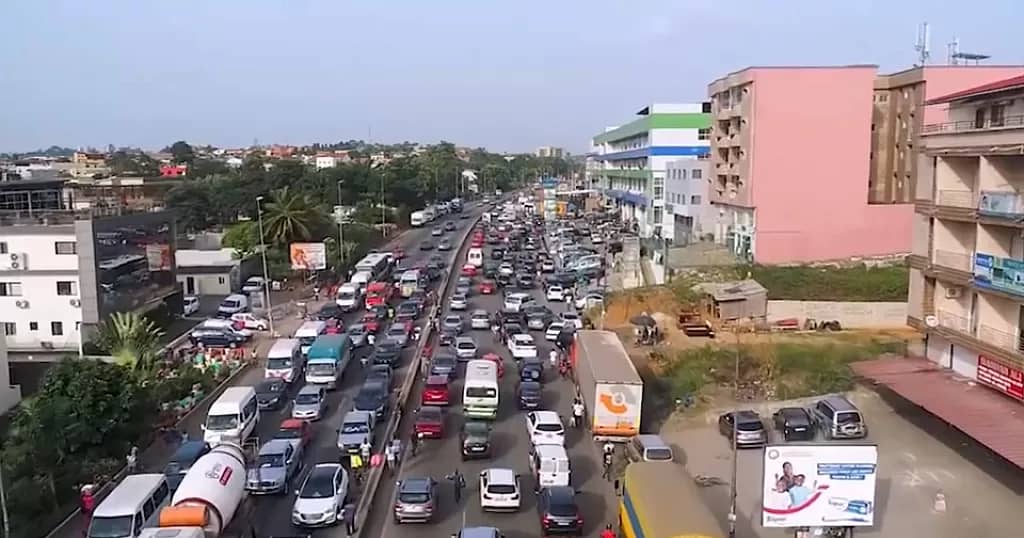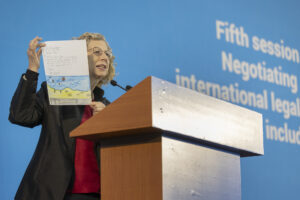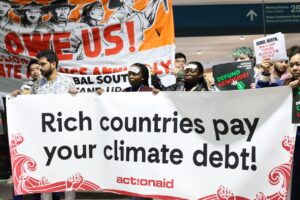
.
BY BELLO OMOTUNDE
Abidjan is one of the capital city of Côte d’Ivoire. The city which presents two stadiums for the 2023 African Cup of Nations (AFCON) Olympic stadium of Ebimpe called Stade Olympique Alhassana Quatara Ebimpe and Felix Houphouet-Boigny Stadium by extension houses eight of the teams participating in the tournament.
According to statistics made available, there are over two million Nigerians living in various cities in Ivory Coast.
The Yorubas are the domineering Nigerian tribe in Ivory Coast and followed distantly by the Igbos.
The number of Nigerian Hausas living in the West African country are very minute, compared to the Yorubas and Igbos living in the country.
It was gathered that Osun State in Nigeria has the largest share of Nigerians living in the country with the bulk of them forming a community known as Temidire in St Mitchel by the locals of Ivory Coast.
Ejigbo in Osun State is the most popular Nigerian town here in Ivory Coast as the bulk of Nigerian Yorubas living here are from that part of Nigeria.
The major businesses Nigerians are involved is petty businesses, Tailoring, Food Businesses as well as big trades.
It was observed that many of the big shops selling clothes, raw food items, drinks and what have you are owned by Nigerians.
It was further learned that many tailoring and cobbling shops in Abidjan are being operated by Nigerians as well.
There are different types of Nigerian and Ivorian food on display and the prices are relatively cheap and very affordable.
Roasted Chicken and fish are readily available at every nook and cranny in Abidjan and other cities in Ivory Coast.
A full roasted and spiced chicken goes for as low as 4000 CFA while the half of it costs 2000 CFA.
A full roasted fish goes for 2000 CFA and it’s visible everywhere in the country.
Since the arrival in Abidjan, power supply has been 100% stable. Upon enquiry, it was realised that the country’s power system is one of the best in Africa.
Ivorians who are on estimated bills pay once in two months for power, while those on pre-paid meter use their cards the way they like it.
No boreholes or wells in the country. The Ivory Coast Water Corporation supplies all houses water and it runs for 20 hours a day.
People living here pay for water bills once in three months to the Ivorian government.
Apart from the two million Nigerians currently residing here in Ivory Coast, there are other nationals living and earning a living in the country.
Persons from Guinea, Mali, Senegal, Mauritania, Ghana, Togo and Benin are scattered all over the country going about their lawful activities in the country.
The Nigerian currency has not only lost its value against the dollar, it has also lost its battle against virtually all currencies on the continent.
In time past the Nigerian Currency was in high demand in the country, according to reports from Ivorians, Nigerians and other nationals in the country.
It was told that anyone was free to trade with the Naira because of its high value.
However, the reverse is now the case as the Naira now exchanges for 1000-500 CFA, thus making the CFA twice as powerful as the Naira.
There is public transport in the country and it offers cheaper fares compared to private and taxi in the country.
It was surprising to see that there are conductors too in Abidjan as many of them scamper for passengers like their counterparts in Lagos, Nigeria.
In Ivory Coast, the transportation app is known as Yango. It’s the equivalent of Uber, Bolt and Taxify in Nigeria.
However, the Yango charge exorbitantly here that many prefer to use public transportation.
Here in Abidjan, they also have their own version of BRT buses, but unlike in Nigeria where you have to obtain a bus card, you pay for a ticket on entering the bus in Ivory Coast.








